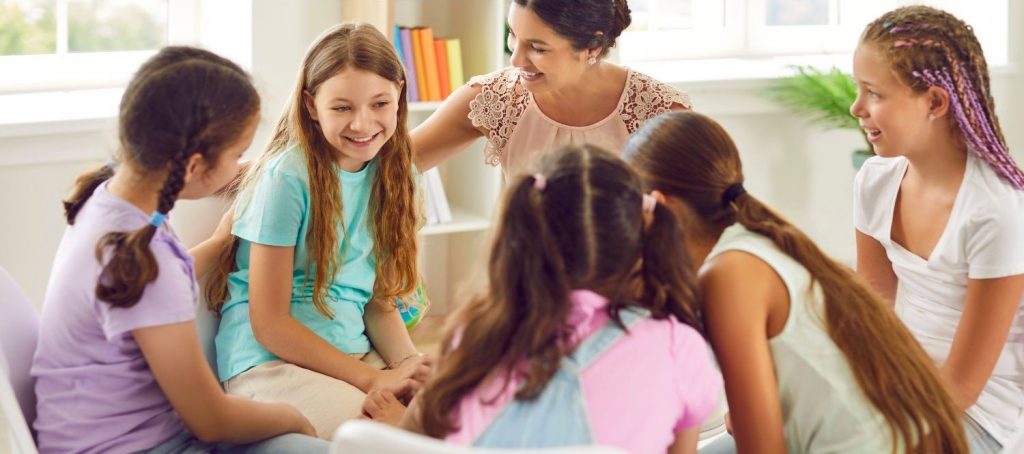
As summer winds down, many families find the return to school routines a challenging adjustment. The slower, more flexible days of holidays suddenly give way to early mornings, packed schedules, and new expectations. While this shift can be stressful, research shows that children thrive when they have consistent routines, a sense of organisation, and strong emotional support. With a little preparation, parents can make the transition smoother and set their children up for success. See our tips below to ease the transition process:
Start With a Strong Morning Routine
Mornings can often feel like a race against the clock, but they don’t have to. Studies highlight that children benefit enormously from predictable routines. They reduce stress, improve focus, and help kids regulate their emotions. Simple, consistent steps like waking up at the same time, getting dressed before breakfast, and having a few calm minutes together can make mornings more manageable. Some families even build in a positive ritual, like a cheerful playlist or a shared affirmation, to start the day with connection and confidence.
Prepare the Night Before
One of the simplest ways to ease school mornings is to plan ahead. Packing school bags, laying out uniforms, and prepping lunches the evening before eliminates last-minute stress. Many parents also swear by creating a “launch pad”—a designated spot near the door where bags, shoes, and coats are ready to grab on the way out. These habits reduce decision fatigue and help children build independence in managing their own belongings.
Organisation Builds Confidence
Being organised isn’t just about avoiding chaos, it’s a life skill. Predictable routines give children a sense of security and responsibility. Visual aids like checklists or picture charts can be especially helpful for younger children, empowering them to take charge of their own morning or bedtime tasks. Research shows that children who learn these habits early develop stronger self-management skills and adapt better to change, which makes back-to-school transitions much smoother.
Support Your Child’s Wellbeing
It’s important to remember that going back to school isn’t just a practical transition, it’s an emotional one too. Some children may feel excitement, while others experience anxiety or reluctance. Keep an eye on your child’s mood and be open to conversations about their feelings. Listening with empathy, validating their worries, and working together on solutions can make a big difference. A consistent daily routine can also act as an emotional anchor, helping children feel secure even during times of change.
Small Steps Make a Big Impact
Practical adjustments like shifting bedtimes earlier a week before school starts, adding some morning movement to boost focus, or creating fun goodbye rituals at drop-off can all ease the transition. Above all, consistency is key: it doesn’t need to be perfect, just predictable. When children know what to expect and feel supported, they are better able to focus, learn, and enjoy the new school year.
Final Thought
Going back to school after summer holidays is a big change, but it’s also an opportunity. By building strong routines, planning ahead, and supporting your child’s wellbeing, you’re giving them not just a smoother transition, but important tools for life.